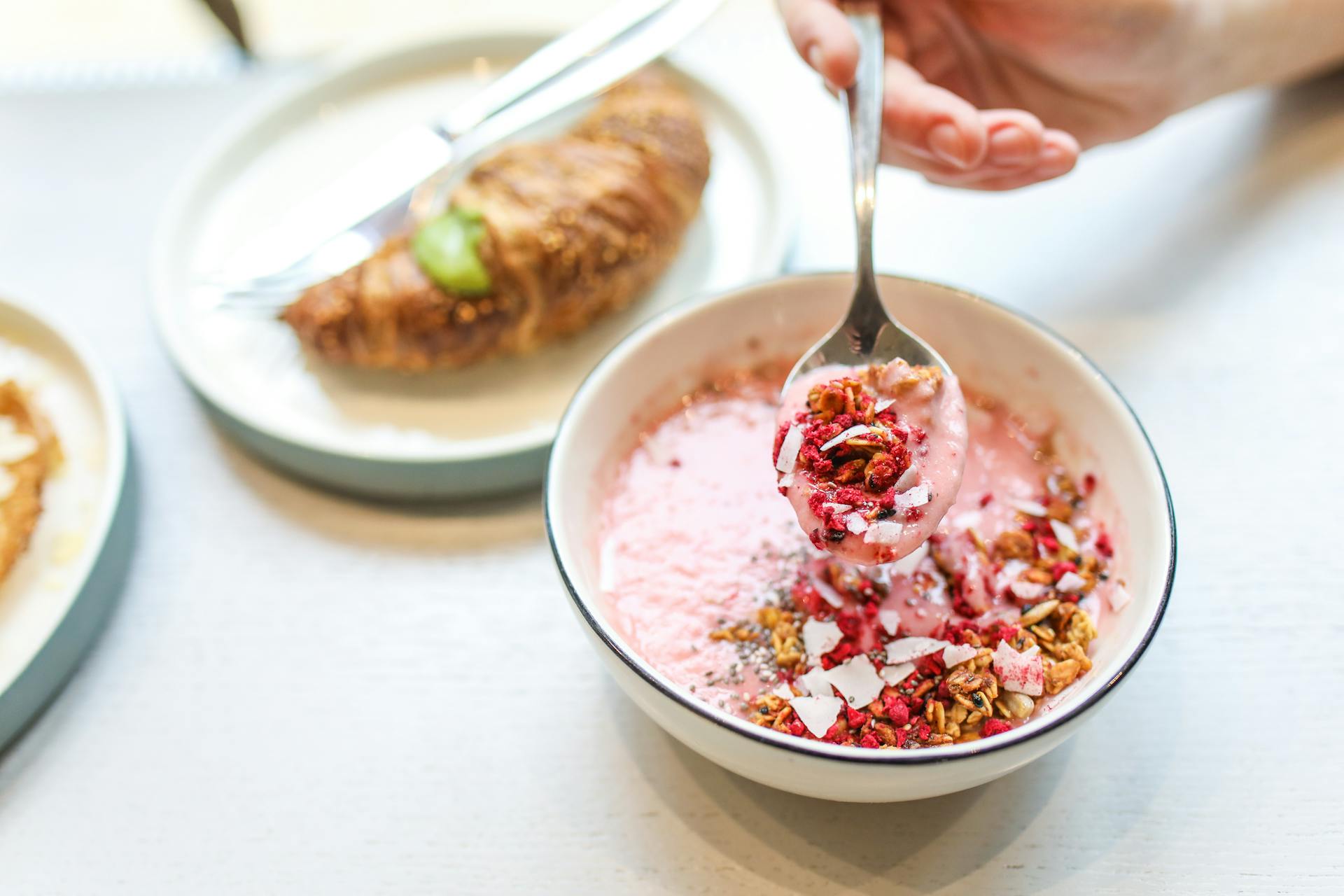How to Get Enough Vitamin B12 on a Vegan Diet

One of the most common concerns for people following a vegan diet is how to get enough Vitamin B12, an essential nutrient primarily found in animal products. Vitamin B12 plays a vital role in the formation of red blood cells, brain function, and DNA synthesis. Without sufficient B12, vegans risk developing deficiencies that can lead to anemia, fatigue, nerve damage, and more serious health problems. But fear not! There are plenty of ways to ensure you’re getting enough Vitamin B12 while sticking to a vegan lifestyle.
In this guide, we’ll explore the best sources of Vitamin B12 for vegans and how to incorporate them into your diet.
What is Vitamin B12?
Vitamin B12, also known as cobalamin, is a water-soluble vitamin that’s crucial for many bodily functions. It helps maintain healthy nerve cells, supports energy production, and is necessary for the synthesis of DNA and red blood cells. A deficiency in Vitamin B12 can lead to symptoms like fatigue, memory problems, and tingling in the hands and feet.
Since Vitamin B12 is naturally found in animal products, vegans must be proactive in finding plant-based sources or supplements to avoid deficiencies.
Symptoms of Vitamin B12 Deficiency
Before diving into how to get Vitamin B12, it’s important to recognize the symptoms of a deficiency. Here are some common signs that your B12 levels might be low:
- Fatigue or weakness
- Shortness of breath or dizziness
- Nerve problems like numbness or tingling
- Trouble concentrating or memory issues
- Pale or jaundiced skin
- Mouth ulcers or a swollen tongue
If you experience any of these symptoms, it’s a good idea to get your B12 levels checked by a healthcare professional.
Best Vegan Sources of Vitamin B12
While Vitamin B12 is scarce in plant foods, vegans can still meet their needs through fortified foods and supplements. Here are the best sources of B12 for vegans:
1. Fortified Plant Milks
Many plant-based milks, such as almond, soy, and oat milk, are fortified with Vitamin B12. Check the label to ensure the milk contains at least 2.4 mcg of B12 per serving, which is the recommended daily intake for adults.
How to Incorporate:
Add fortified plant milk to smoothies, cereal, coffee, or drink it plain.
2. Nutritional Yeast
Nutritional yeast is a deactivated yeast commonly used in vegan cooking to add a cheesy flavor to dishes. It’s often fortified with Vitamin B12, making it a great addition to any vegan diet. A tablespoon of fortified nutritional yeast can provide up to 100% of your daily B12 needs.
How to Incorporate:
Sprinkle nutritional yeast on pasta, popcorn, or salads, or mix it into sauces and soups for a delicious boost of flavor and B12.
3. Fortified Cereals
Some breakfast cereals are fortified with Vitamin B12. Look for cereals that contain at least 100% of the recommended daily intake of B12 per serving, and check that they are low in sugar and high in fiber for a healthy start to your day.
How to Incorporate:
Enjoy fortified cereal with plant-based milk, or use it to create homemade energy bars or snacks.
4. Meat Substitutes
Many vegan meat substitutes, such as burgers, sausages, and tofu-based products, are fortified with Vitamin B12. These are convenient options for vegans looking to boost their B12 intake without supplements.
How to Incorporate:
Add fortified vegan meat substitutes to your weekly meal plan, such as in sandwiches, wraps, or stir-fries.
5. B12 Supplements
For many vegans, taking a B12 supplement is the easiest and most reliable way to ensure they are getting enough. B12 supplements come in various forms, including tablets, sublingual (under the tongue) drops, or sprays.
Recommended Dosage:
For most vegans, a daily supplement of 250 mcg or a weekly dose of 2,500 mcg is sufficient. However, consult with a healthcare provider to determine the right dosage for your individual needs.
How Much Vitamin B12 Do You Need?
The recommended daily intake for Vitamin B12 is 2.4 mcg for adults. Pregnant and breastfeeding women may need slightly more. While the body can store B12 for several years, it’s important to regularly consume fortified foods or supplements to prevent deficiency.
B12 and Vegan Babies or Children
For vegan children, especially infants, it’s critical to ensure they are getting enough B12. Since they are at higher risk of deficiency due to their rapid growth and development, pediatricians often recommend B12 supplementation for vegan children. Consult a healthcare provider for specific recommendations on dosages for children.
Can You Get B12 from Seaweed or Mushrooms?
While some people believe that certain algae, seaweed, or mushrooms contain Vitamin B12, these are not reliable sources. Most plant-based foods, including seaweed and mushrooms, contain inactive forms of B12 that are not absorbable by the human body. To meet your Vitamin B12 needs, it’s best to stick to fortified foods or supplements.
Final Thoughts
Maintaining adequate Vitamin B12 levels on a vegan diet is essential for your health and well-being. By incorporating fortified foods like plant milks, nutritional yeast, and cereals, along with taking B12 supplements if necessary, vegans can easily meet their nutritional needs. With a well-planned diet, getting enough B12 on a vegan lifestyle is not only possible but also simple.
Remember, always consult with a healthcare provider before making changes to your diet or supplement routine, especially if you suspect a Vitamin B12 deficiency.




